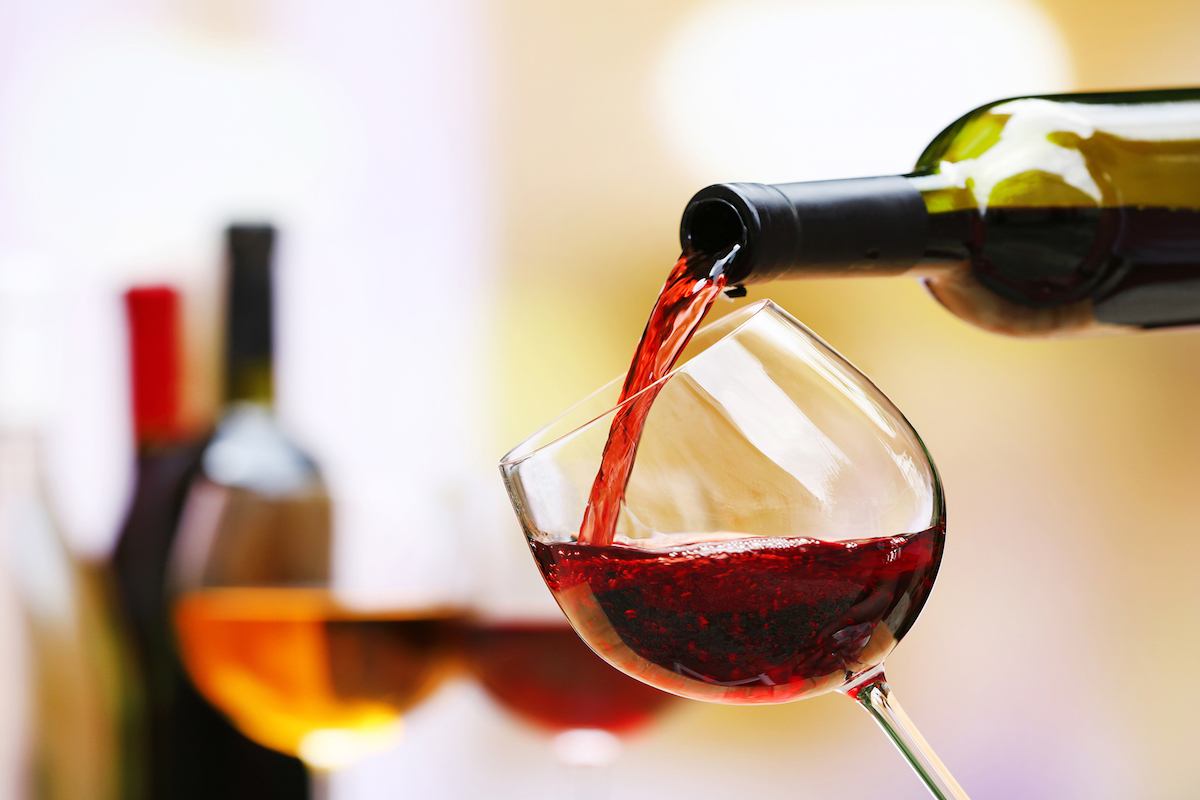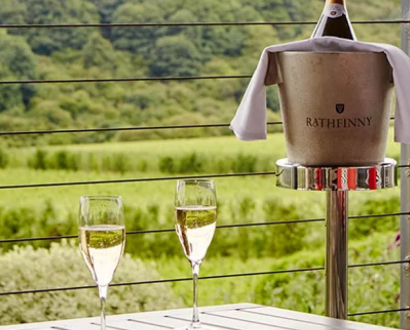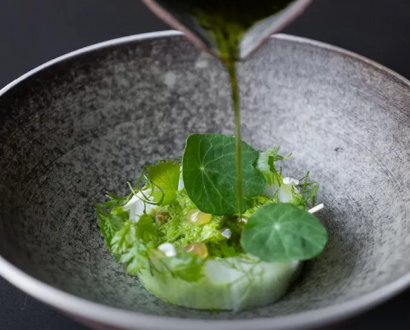Do you know what’s in your wine glass? Beyond red, white and rosé, you may not have given it much thought. So, you’ll probably be shocked to learn that it’s more than fermented grapes, and it’s probably not vegan.
Many wines on the market today contain traces of animal products like milk, eggs and fish bladders.
Animal products have been used in the creation of wine for centuries. It’s due to a practice known as fining and it helps to create a more balanced-tasting wine. Fining also removes solid particles from wine, resulting in a clearer, more consistent and nicer-looking product – a fine wine, if you will.
Lucky for the plant-based purists out there, vegan wines do exist. And, they’re on the rise. While there was once a time when vegan and natural wines were considered too fringe and lacked quality, that’s not the case today.
“Wines that are organic and vegan are (now seen as) just as good, if not better than their non-vegan counterparts,” said Richard Angove, Co-Director of Angove Family Winemakers, in a 2018 interview with the ABC.
Richard continued to say the brand’s decision to put “vegan friendly” on the front of its organic wines was in response to the large number of online queries as to whether or not its wines were vegan.
So, if winemakers aren’t using conventional animal-derived fining agents, then what are they using? Bentonite clay powder, pea protein, activated charcoal and modern cross-flow-filter technology, among other methods. These animal-friendly substitutes are just as good, if not better – allowing the balance between tannins and fruit flavours to remain spot-on. We can all cheers to that.
Is your wine vegan? Here’s how to tell:
- Check the label: Veganism is on trend right now, and many winemakers are proud to include it on the label.
- Read the fine print: In Australia, winemakers are required to label potential allergens, including milk, eggs and fish.
- Look for unfiltered or unfixed: If this is on the label, it’s guaranteed to be a vegan wine.
- Cross flow or sterile filters: These terms indicate animal-free practices were used in the winemaking process.
Impress your plant-loving posse and meat-eaters alike with these picks:
Heroes 2018 Pinot Noir, A$45
See Saw Fulcra Chardonnay 2017, A$80
Down the Rabbit Hole Rosé, A$27







